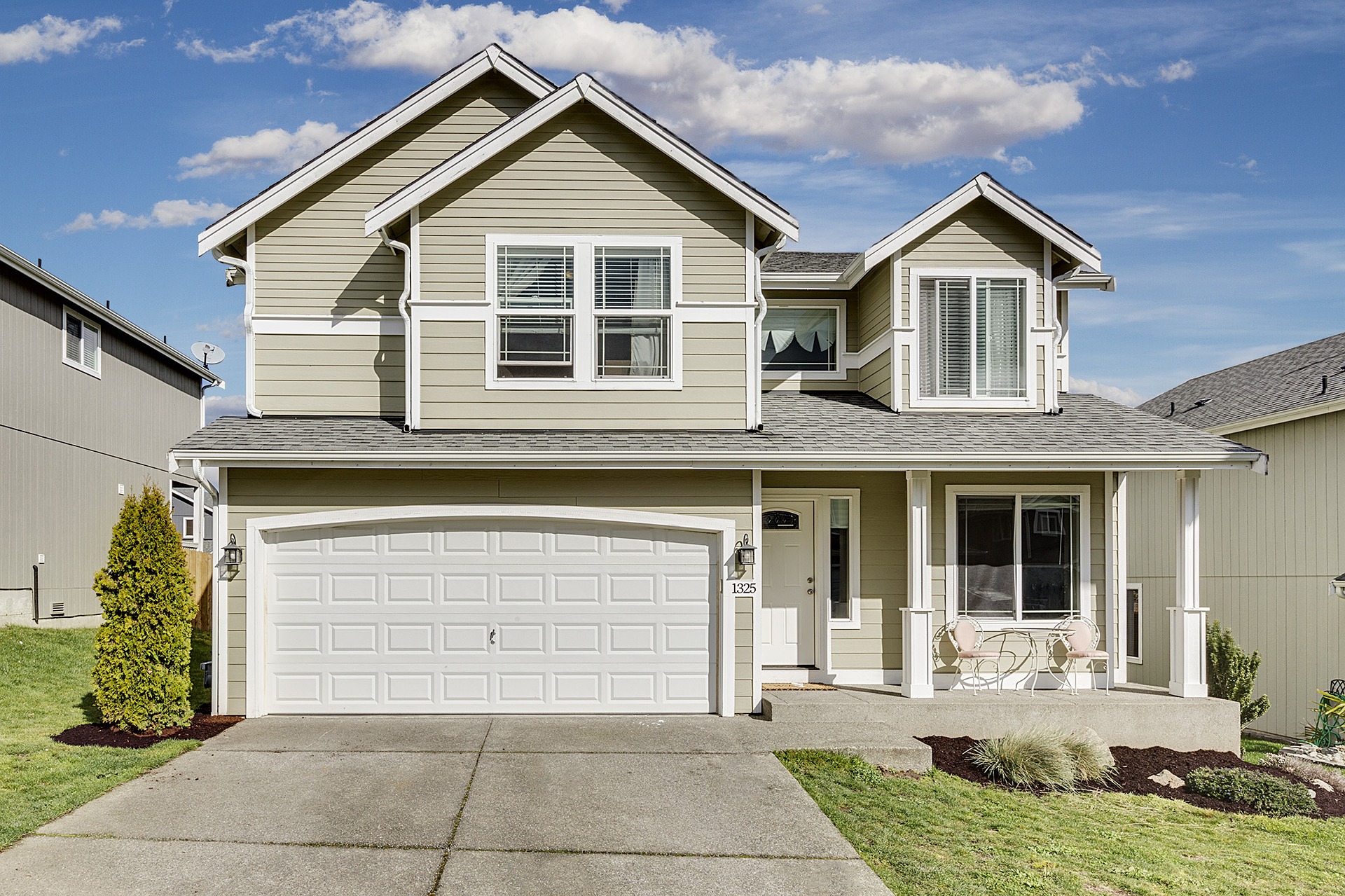Seattle is considered to be one of the fastest-growing cities in the United States. It has been estimated that the population will grow with more than 200000 people over the next 20 years. This has strongly been attributed to the tech scene as well as its vibrant culture. This collectively causes the city to become expensive. Studies by the Council on Economic and Community Relations have pointed out that Seattle is 24% more expensive than any normal city in the United States. This means that someone earning an annual salary of $40000 will have to earn $49600 to maintain the standard way of living in Seattle. These costs have been attributed to factors such as home prices, cost of transport and other essential costs.
Housing in Seattle:
The prices of homes in Seattle have shown to be one of the most expensive in the United States and do not seem to be coming down anytime soon. This may seem like good news to citizens who already own houses in Seattle, but it is a nightmare to those who don’t own one and want to own one. Prices of houses according to a 2010 survey indicate the price ranges between $216000 and $440000 depending on the number of bedrooms. It has also been indicated that if these prices keep growing at the rate of 20%, the prices will surpass the $1 million mark in the next 25 years.
Read more: Buying Or Selling A Home In Seattle?
Average rent in Seattle:
Renting has been discovered to be more favorable compared to buying. However, it is not a cheap venture. The average rent in Seattle has been estimated to be $2109 which is roughly 80% higher than the national average. Some neighborhoods in Seattle have shown to be more expensive than the others. For instance, a neighborhood like South Lake Union, a one-bedroom is rented at $1900 per month.
Cost of food:
Seattle is known for its exquisite seafood which is sold at the Pike Place Market. However, if you earn little income and survive on a tight budget, then you may not be able to enjoy the cuisines. It has been estimated that the average cost of dining in a typical Seattle restaurant will cost you $30 which is 30% higher than the average or typical price range countrywide. This goes for groceries too where it has been estimated the cost of acquiring groceries in Seattle is 11% more than the average cost of the same products.
Transportation cost:
Most people who live in Seattle rely on road transport to facilitate their movements. It comprises of car owners, public bus transport and even cyclists. The price range of a single bus ticket ranges between $2.50-$3.25. This is more convenient because it has been proven that Seattle traffic is one of the worst in the country. Its fuel prices are also said to be 10% more than the national average price.
Other costs:
According to digitalexits.com internet service providers offer options to ensure proper communication which is essential nowadays. This costs can rise to $75 per month which contribute to the monthly costs you may incur while living in Seattle.
Read Also:
























